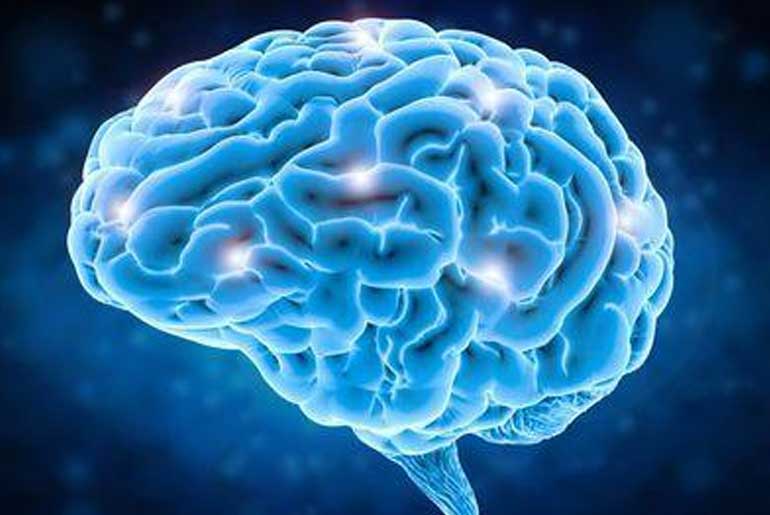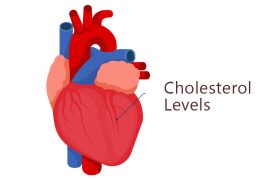Recent research from Stanford Medicine has provided compelling evidence that cognitive behavioral therapy (CBT) can lead to lasting changes in brain function, particularly when tailored to the individual’s needs. The study focused on patients suffering from both depression and obesity, a challenging combination to treat effectively. Researchers found that a form of CBT emphasizing problem-solving was beneficial for about one-third of these patients, leading to a significant reduction in depressive symptoms.
Notably, the therapy resulted in observable changes in brain circuitry within just two months. These neural adaptations were not only immediate but also predictive of which patients would benefit from long-term therapy. This suggests that matching treatments to the specific neurological patterns underlying a patient’s depression can significantly enhance treatment effectiveness.
“If you had chest pain, your physician would suggest some tests — an electrocardiogram, a heart scan, maybe a blood test — to work out the cause and which treatments to consider,” stated Leanne Williams, PhD, the Vincent V.C. Woo Professor.
“Yet in depression, we have no tests being used. You have this broad sense of emotional pain, but it’s a trial-and-error process to choose a treatment, because we have no tests for what is going on in the brain.”
This approach highlights the potential for personalized therapy based on the individual’s unique neurological profile. The findings are part of the larger RAINBOW clinical trial (Research Aimed at Improving Both Mood and Weight) and were detailed in a study published on September 4 in Science Translational Medicine. The study’s co-senior authors, Williams and Jun Ma, MD, PhD, from the University of Illinois at Chicago, emphasize that this personalized approach mirrors practices in other medical fields, where treatments are tailored to the patient’s specific physiological conditions.
The research utilized a specialized form of cognitive behavioral therapy (CBT) known as problem-solving therapy, which focuses on enhancing cognitive skills related to planning, troubleshooting, and filtering out irrelevant information. In this approach, therapists help patients identify specific real-life issues—such as interpersonal conflicts—and guide them through brainstorming potential solutions and selecting the most effective one.
This therapy targets the cognitive control circuit, a network of neurons crucial for managing cognitive functions. Prior research from Williams’ lab identified that around 25% of individuals with depression experience dysfunction in this cognitive control circuit, either showing excessive or insufficient neural activity.
The study involved 108 adults with both major depression and obesity, a combination that often indicates issues with the cognitive control circuit. This profile typically results in poor responses to antidepressants, with only about 17% showing improvement.
In the trial, 59 participants received problem-solving therapy along with their standard care, including medications and regular visits to a primary care physician. The remaining 49 participants only received standard care. To assess the impact of the therapy, participants underwent fMRI scans at multiple points: initially, then at two, six, twelve, and twenty-four months. These scans were conducted while participants performed a task designed to engage the cognitive control circuit, allowing researchers to monitor changes in its activity over time.
“We wanted to see whether this problem-solving therapy in particular could modulate the cognitive control circuit,” stated Xue Zhang, PhD, a postdoctoral scholar in psychiatry.
Disclaimer:
The information contained in this article is for educational and informational purposes only and is not intended as a health advice. We would ask you to consult a qualified professional or medical expert to gain additional knowledge before you choose to consume any product or perform any exercise.








